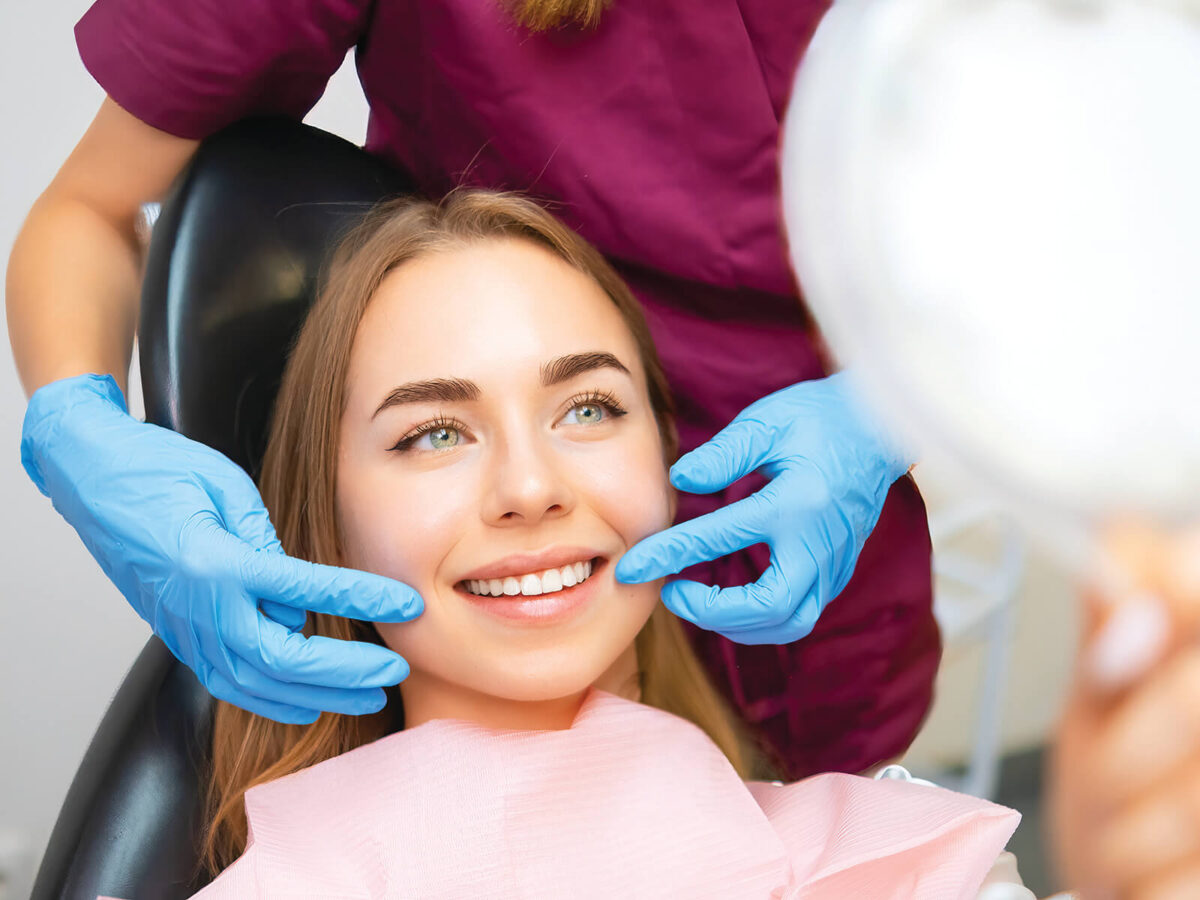Blog
Dental hygiene tips for healthy teeth & gums

How To Take Care of Bonded Teeth
In cases where you have small defects on the front teeth, dental bonding will be a good option. Compared to porcelain veneers, it is less pricey and may be the best solution for problems such as stained or chipped teeth. In addition, after the treatment, no particular care is needed for the bonded teeth. The material used offers good adhesion to the teeth. But after the procedure, you need to adhere to the after-care instructions provided by the dentists at Liberty Family Dental TX to ensure the bonded tooth lasts long enough.
What Is Dental Bonding?
Several individuals have flawed teeth, and some of the flaws they might consider include chipped, stained, or cracked teeth. A simple whitening procedure would not assist in making misshapen teeth look right, so what can one do in the world of aesthetic dentistry?
Today, many solutions exist to address this problem, such as crowns and dental veneers. However, crowns and veneers can be extremely costly which is a major drawback. Dental bonding can be an ideal choice if you are short of cash.
How dental bonding works
When a patient has a cracked tooth and other aesthetic concerns, the specialist will utilize bonding to build up the tooth. This process has a few key stages.
Dental bonding uses resin, which is a strong and harmless type of plastic material that is utilized in the process. Of course, this resin is designed to blend with your teeth shade to make your smile more appealing.
Before the application of the resin, the surface of your damaged tooth will be etched by the dentist, so that there will be proper ground for the resin. A bonding agent will then be placed on your tooth, and composite resin will be added. The dentist will then sculpt the resin material to look like a tooth to cover up the compromised part of your natural tooth.
Subsequently, to set this resin tooth, a lamp radiating ultraviolet light will be placed over it. During this process, it solidifies, and the dentist can further work on the shape of the bonded tooth if needed. Once the resin forms a proper and stiff structure, the dental bonding process will be over.
How to Take Care of Your Bonded Teeth
1. Proper Oral Hygiene
The regular practice of good oral hygiene thus assures the health of your oral cavity and the durability of dental bonding. The plaque filled with bacteria is washed off by brushing, and the fluoride inherent in the toothpaste forms a coat over your teeth, constituting a shield against the acidic products in your mouth.
It is recommended to use a toothbrush with soft bristles and toothpaste that does not apply too much pressure on your teeth as one may scratch the bonding material.
2. Never Use Your Teeth As Tools
Imagine you have a bag of chips that does not want to open, and you do not have a pair of scissors with you either. You want to open it, and you have to do it with your teeth. However, when you use your teeth to bite or cut objects, the chances of straining or damaging your bonding escalates.
As a general guideline, do not use your teeth to tear open any packaging, chew on the lids of pens or pencils, bite your fingernails, open beer cans, etc.
3. Take Precaution While Consuming Hard Comestibles
You should avoid small and hard foods, such as nuts, candy, popcorn, and pretzels. The same applies to sticky foods, like taffies, that are hard to brush off your teeth.
However, if you feel the urge to consume them, you should ensure that you have the right technique of biting them and chewing them so that you do not cause harm to your dental bonding.
4. Do not take foods that may stain your teeth and acidic foods
Even though the dental bonding material, a composite resin, is a bit resistant to staining, it will become stained if continuously exposed to pigmented and acidic foods.
To minimize staining, one should avoid frequently consuming coffee or other dark beverages using a straw. You also need to minimize the intake of colored foods and chew gum or take water after eating such colored foods to make sure that you clean your teeth.
5. Wear A Mouthguard If You Clench Or Grind Your Teeth
Inform your dentist of your bruxism at night, and he will provide you with a custom-made mouth guard to protect the bond.
It’s also essential to always use a mouthguard whenever you are engaged in any sporting activity. Occasionally, mishaps are possible, and you can hurt your bonding or even have a tooth knocked out if your mouth is not guarded.
Summing It Up
Dental bonding necessarily involves not only the health of a single tooth but also the overall health of a smile. You must follow these aftercare instructions provided by our dentists at Liberty Family Dental TX to ensure you have enough time to finish treatment. This operation, as you can see, involves many steps, and the amount involved increases if you have more than one tooth fixed at the same time.


